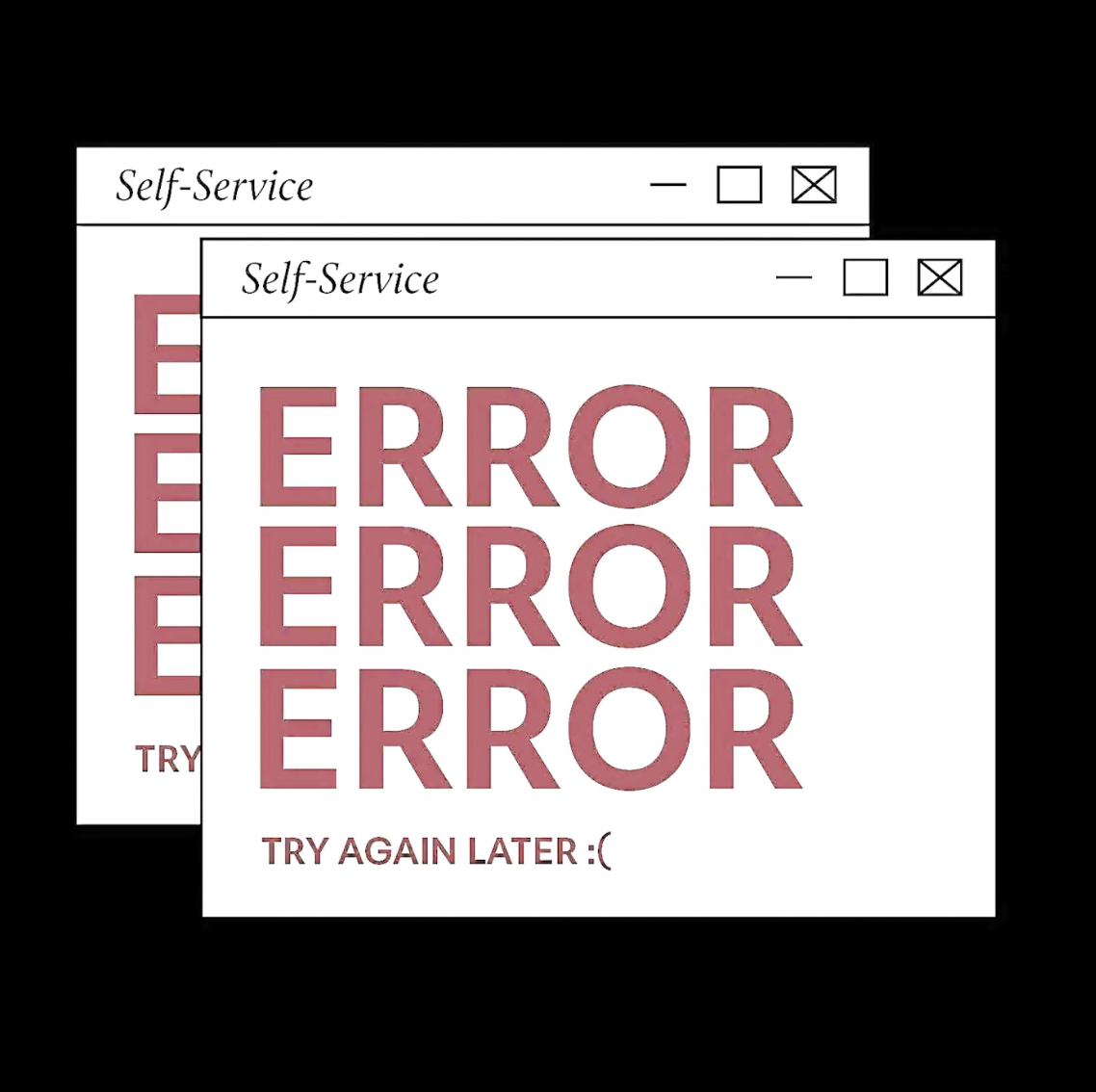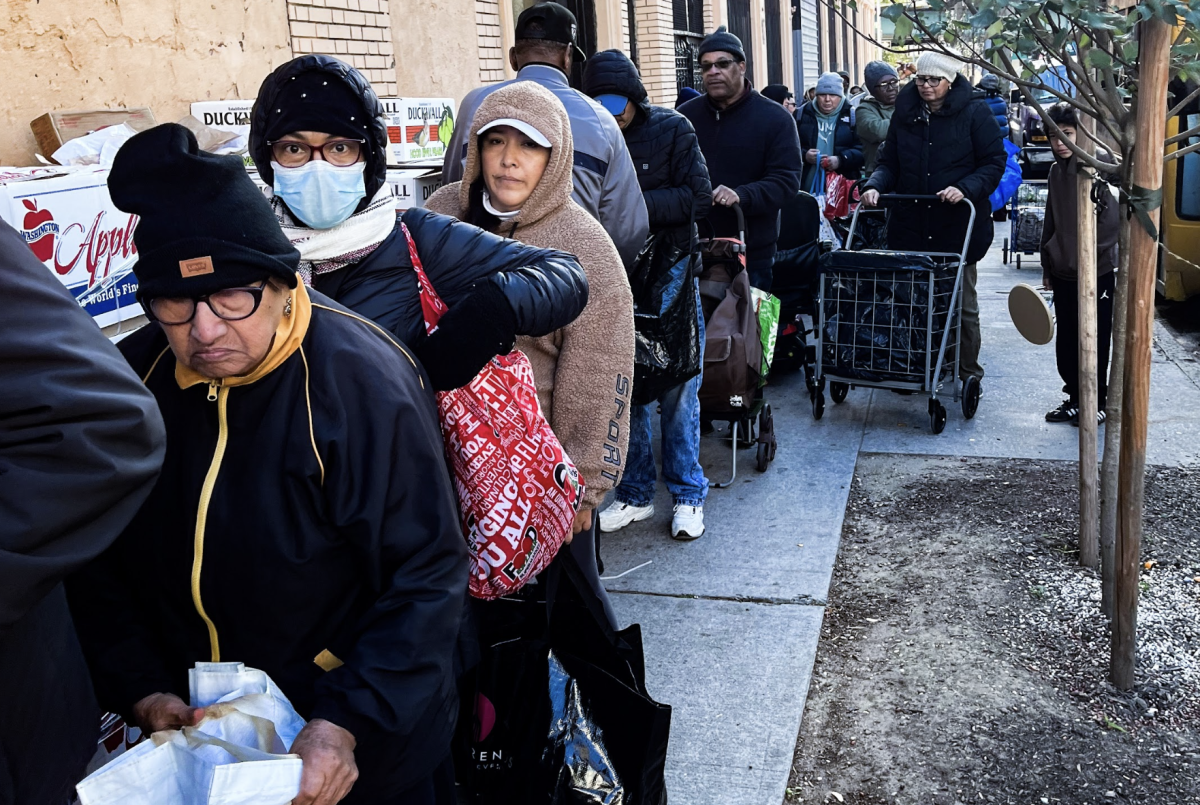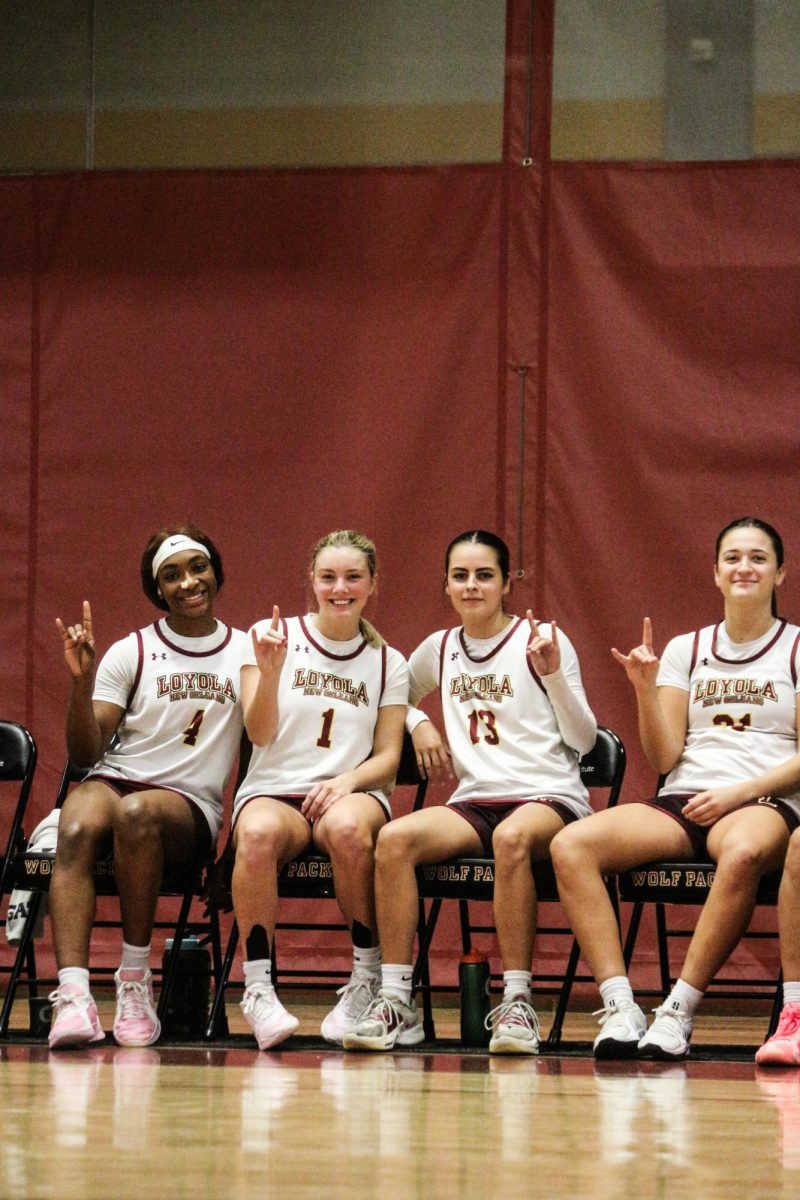The draft will continue. Despite the efforts of more than 80 Democrats and Republicans, in all probability America’s young men will still have to succumb to the whims of a lottery.
Recently many Congressmen have taken a more liberal view toward the draft, but the necessity of changing the minds of the more influential people in Washington remains. And so, Americans will continue to fight a war they don’t want to fight.
Representative F. Edward Hebert, a Louisiana Democrat, finds an end to the draft to be infeasible. “The only way to get an all-volunteer army is to draft it,” Herbert said he opened hearings of proposed legislation to end the draft. Herbert is chairman of the House Army Service Committee. “The draft must be continued, at least for the present,” the Chairman said as he supported military pay hikes. The Congressman feels that we must attract an adequate number of volunteers before we end the draft.
His Senate counterpart John Stennis (D-Miss) has reflected the same views as chairman of the Senate Armed Service Committee. Herbert and Stennis alone have almost enough power and influence to stop the efforts of the anti-draft movement. The unfortunate thing is that they are not alone.
Lewis B. Hershey, former director of Selective Service, in a speech at the University of Florida, Gainesville, stated, “I certainly don’t want to be quoted as saying it was a depression, but if the economy gets worse, it makes sense
that recruiting will go better.” Mr. Hershey further asserted that “if we get out of Vietnam, and the Arabs and Israel embrace, and if war doesn’t break out in any of a half- dozen other possible places, we have a volunteer army by 1973.” In other words, the draft isn’t going to end.
President Nixon’s campaign in 1968 was based in part on a “zero draft call.” It now becomes obvious that a “zero draft call” is nothing like an end to the draft. If Mr. Nixon wants to end the draft, he has the power to do so. The President’s request for a two-year extension of the draft lottery is clearly not an attempt to end the draft. This effort to continue the draft demonstrates the belief in the right of the government to draft citizens into a war any time, even in an undeclared war, as now exists.
The government doesn’t have the right to draft citizens in a non-war combat involvement. In the present, involvement in Southeast Asia National Security is not at stake.
We’re defending another country; Americans should not be forced to die in any case where we have not declared war.
The concept of a draft is very difficult to justify. If Americans don’t want to fight a war (or dodge the draft) then why is the war occurring? At any rate the draft issue shouldn’t be decided on economic conditions or the status of Vietnam or the
Mid-East or “any of a half- dozen other possible places.” Any legitimate stand on the draft issue should be founded on principle and not politics.













